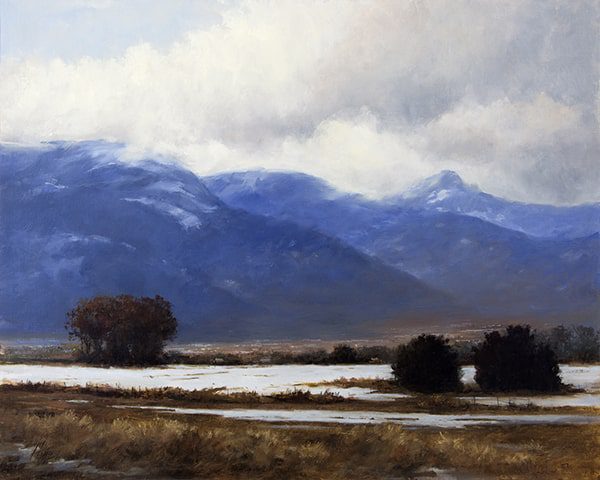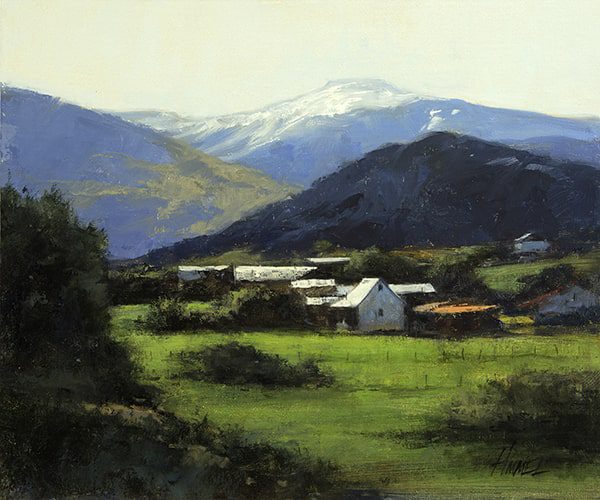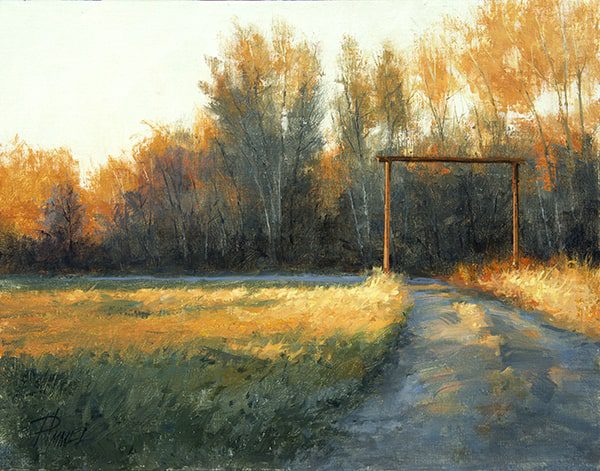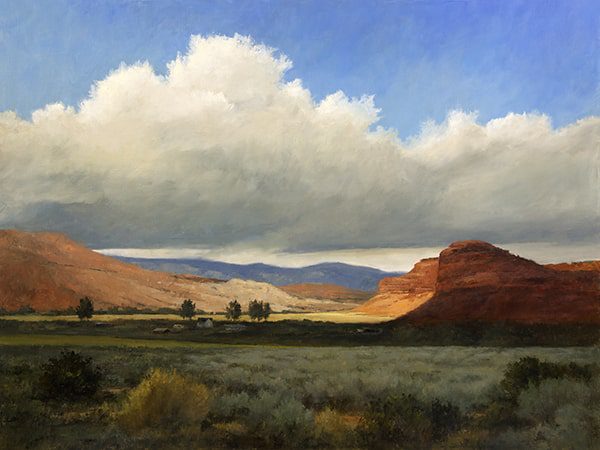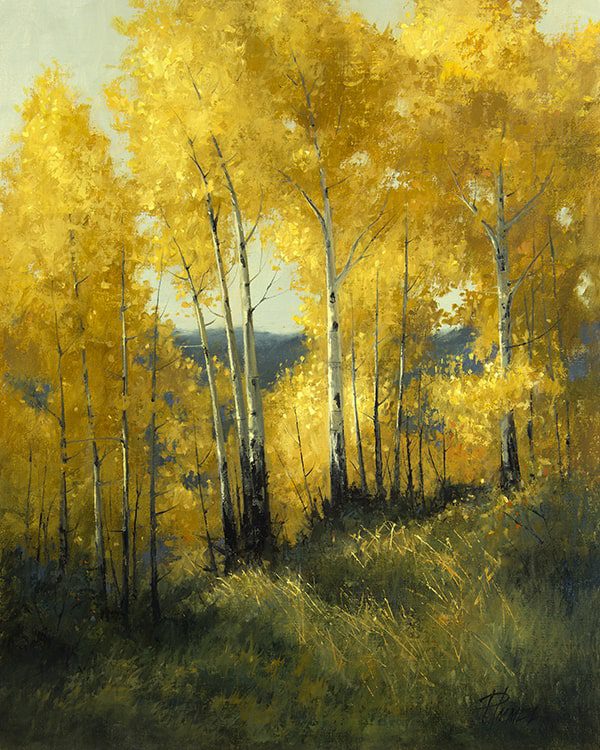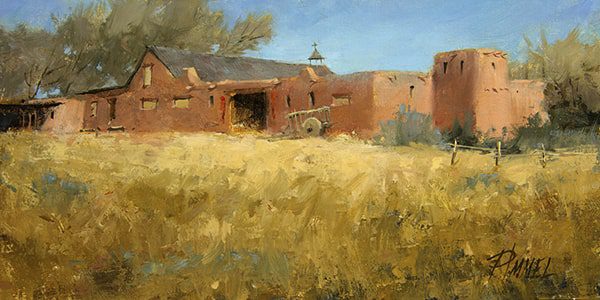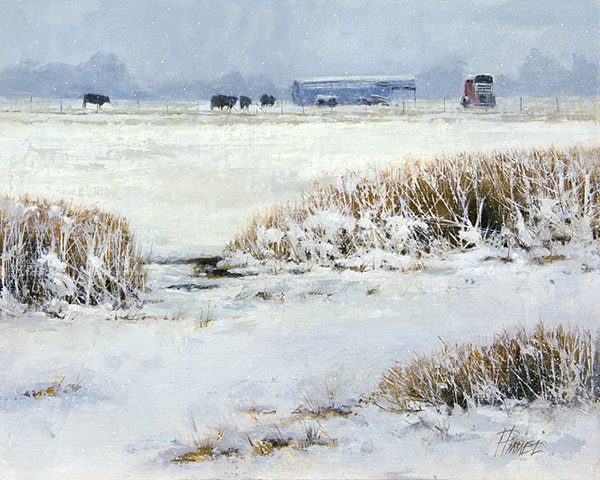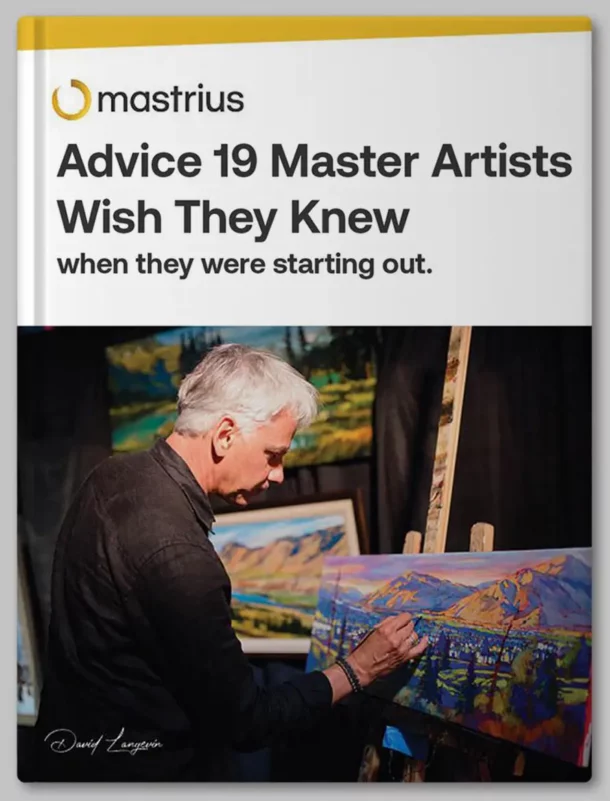Peggy Immel
MASTER ARTIST
Unlock Your Artistic Potential
Mentorship is the fastest way to go from where you are today, to where you want to be!
Learn How Mentorship Works or join this mentors group below.
Not sure what stage you are? Click here for descriptions.
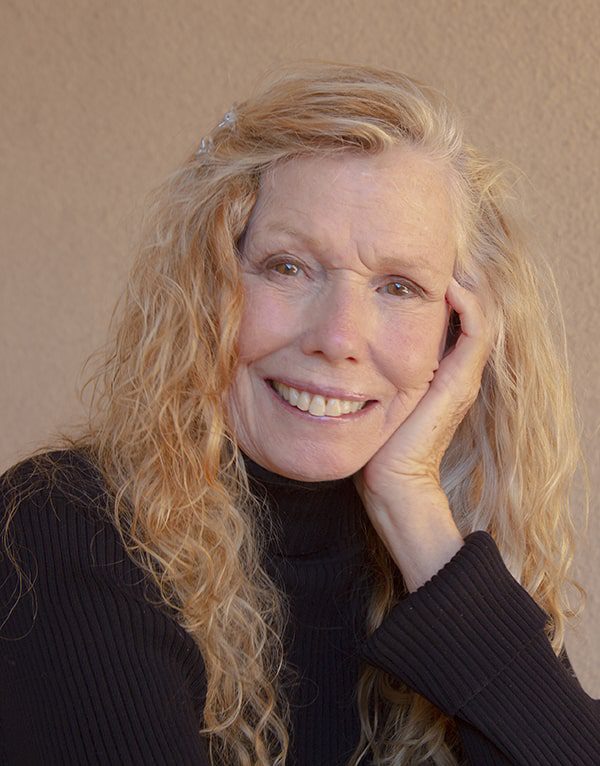
Mentoring Emerging Artists
Not sure if you’re an emerging artist? Visit our How It Works page.
MEDIUMS: Oil
SPECIALTY: ✔ Technical
My landscapes are inspired by my love of the outdoors and the unique beauty of the land and skies near my home in Taos. Each painting begins with an idea. Sometimes that idea is inspired by the light, or a color scheme, or the pattern of light and shadow. And sometimes it is a philosophical idea, or a poem or a short phrase that provides the spark. The idea always generates a visual point of view and from there the painting begins. I enjoy contrast and the visual tension it brings, so I include it in many aspects of my work, from the texture of the paint to the value patterns in the painting itself. And, as I paint, I continuously remind myself about my reasons for beginning the painting in the first place with the final goal of producing a painting that conveys all of this to the viewer.
Peggy’s EXPERTISE
Listed below are this Mentor’s specialty skills. Join this group if you want to grow in these areas.
Specialty: ✔ Technical
Technical:
Color and Composition
Providing Art Critiques
Teaching How to Self Critique
Technique Demos
Supplies and tools – what to use, where to save, and where to spend
Marketing:
Shows & Exhibits
NO ACTIVE MENTORSHIP GROUP
Want To Know When A NEW GROUP Opens?
MORE ABOUT THE ARTIST
My love of landscape painting began in my childhood when I saw a reproduction of Jacob van Ruisdael’s “Wheat Fields” and it has continued throughout my life. That love has been enhanced by my hiking, climbing and skiing experiences in the out of doors. I love exploring and each new situation offers a whole world of visual puzzles to solve. The landscape and man’s place in it is an unending well of fascination for me.
I believe that the Why of a painting matters more than the What. So, I begin each piece with the question, “Why are you painting this?” Then I write my thoughts and answers down in my sketchbook and refer to those comments as I work on the painting. This process keeps me focused as I paint. The Why can be visual. It might be the cast of the light, the colors, the patterns of light and dark. Or there might be a philosophical underpinning of the subject that is attracting me. I find that ultimately the most exciting pieces to paint have both a visual and philosophical foundation.
While there are many qualities that contribute to the overall effect of a painting, I am particularly drawn to the use of contrast and the tension it can bring to a piece. So, I try to include contrast in my choice of subject matter and my painting technique. A turbulent sky that is set against a flat calm prairie, thin paint against thick paint, or soft brushwork next to crisp palette knife strokes are a few examples of the type of contrasts that make a painting more interesting and delightful to look at.
My work is divided between paintings produced on site in the field and paintings produced in the studio. Neither is better, they are simply different parts of an overall process and I enjoy both. I use field studies, sketches and photographs as resources for my studio work. Whether plein air or in studio, sometimes a piece seems to just happily paint itself. The process is intuitive, and no apparent conscious logic is used. Those pieces are fresh, accurate and very spot on in terms of visual and emotional impact. And later I am often unsure of exactly how it was painted. I love it when this happens! The process is the reward and the painting itself is a wonderful bonus.

